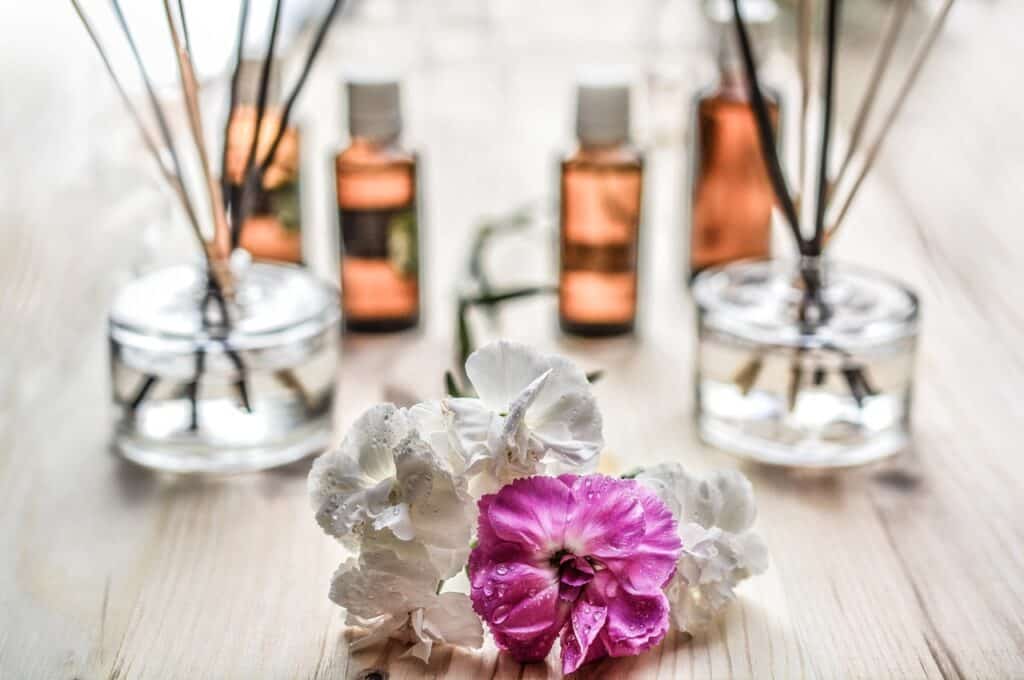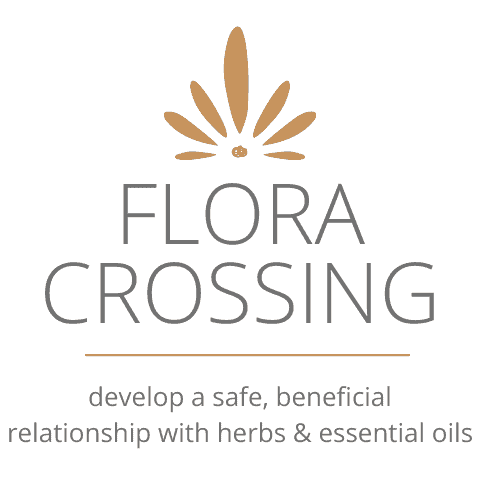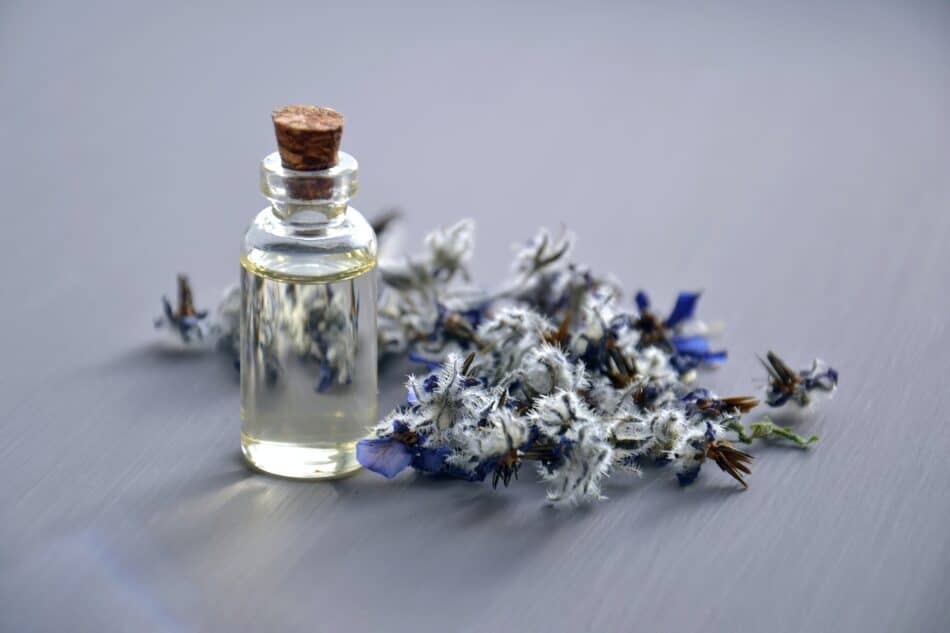Do you suffer from acne and you are thinking of how to use rosehip oil for acne? You’re not alone. It is a very common skin condition that has affected millions of people every year. Although there are many different treatment options available, not all of them are effective. Some people turn to rosehip oil as a natural solution for their acne problems. In this article, I will discuss how to use rosehip oil for acne and whether or not it is an effective treatment option.
To use rosehip oil for acne, start by cleansing your face with a gentle cleanser. Apply a few drops of rosehip oil to your fingertips and massage them into your skin in circular motions. You can also add a few drops of rosehip oil to your moisturizer or foundation for extra hydration and anti-inflammatory benefits. For best results, use rosehip oil twice a day.
What Is Rosehip Oil?
Rosehip oil is extracted from the seeds of rose bushes, and it’s been used for centuries in folk medicine. Rosehip oil is high in essential fatty acids and antioxidants, which makes it beneficial for both skin and hair health.
Rosehip oil is a natural remedy for acne that can be used topically or ingested. It’s high in linoleic acid, an omega-six fatty acid that’s been shown to reduce inflammation and acne lesions. When applied topically, rosehip oil can help to unclog pores, balance sebum production, and soothe inflamed skin.
Can I Leave Rosehip Oil On My Face Through Out The Night?
The answer to this question is a little bit complicated. It all depends on your skin type and how your skin reacts to rosehip oil. If you have oily skin, then you might want to avoid using rosehip oil at night because it could clog your pores.
However, if you have dry or sensitive skin, then rosehip oil can be beneficial for you to use at night. It can help hydrate your skin and make it feel softer and smoother. Ultimately, it’s up to you to experiment with using rosehip oil at night and see what works best for your skin type.

Do You Put Rosehip Oil On Before Or After Moisturizer?
Now that you know what rosehip oil is and what it can do for your skin, you might be wondering how to use it. Do you put it on before or after moisturizer?
If you have dry skin, putting rosehip oil on before your moisturizer can help lock in moisture and prevent your skin from losing hydration throughout the day. Oily and acne-prone skin types can benefit from using rosehip oil after their moisturizer, as the oil will help control excess sebum production without stripping the skin of its natural oils. Normal to combination skin types can use rosehip oil either before or after their moisturizer depending on their needs.
If you find that your skin is particularly dry after using rosehip oil, you can try using a smaller amount or applying it every other day until your skin adjusts to the new product. You can also try mixing rosehip oil with your moisturizer to help thin it out and make it easier to apply. Experiment until you find what works best for you!
Can I Mix Other Oils With Rosehip Oil?
You can mix other oils with rosehip oil! Blending different oils can create a synergistic effect that can be more beneficial than using one oil on its own. Here are some great oils to mix with rosehip oil:
- Argan oil: Argan oil is rich in vitamin E and essential fatty acids, making it great for hydrating and nourishing the skin.
- Jojoba oil: Jojoba oil closely resembles our skin’s natural sebum, so it’s easily absorbed and won’t leave the skin feeling greasy.
- Grapeseed oil: Grapeseed oil is light and non-greasy, making it a good choice for those with oily or acne-prone skin.
- Sweet almond oil: Sweet almond oil is rich in vitamins A and E, which are both great for the skin. It’s also hypoallergenic, so it’s a good choice for those with sensitive skin.
- Tea tree oil: Tea tree oil is a potent antibacterial and anti-inflammatory agent. It’s great for treating acne, blemishes, and other skin infections.
- Lavender oil: Lavender oil is known for its calming and relaxing properties. It’s also an effective antimicrobial agent, making it ideal for treating cuts, scrapes, and other wounds.
Other Uses Of Rosehip Oil
Here are some other ways you can use rosehip oil to improve your beauty routine.
To moisturize your skin: Rosehip oil is a dry oil, meaning it won’t leave your skin feeling greasy. Apply a few drops to your face after cleansing, and massage into your skin until absorbed. You can also add a few drops to your favorite lotion or cream to boost its moisture-locking ability.
To reduce wrinkles and fine lines: The antioxidants in rosehip oil can help to protect skin from damage caused by free radicals, which can lead to wrinkles and fine lines. Apply a few drops of rosehip oil to your face before bed, and massage into your skin in a circular motion.
To nourish your hair: Rosehip oil is rich in essential fatty acids, which can help to nourish and strengthen hair. Massage a few drops into your scalp, and then work through your hair from roots to ends. You can also add a few drops to your favorite shampoo or conditioner.
As you can see, rosehip oil has a lot of potential benefits for both skin and hair health. Give it a try, and see how it works for you!
Final Words
Rosehip oil is great for your skin and treating acne because it contains essential fatty acids that help to nourish and moisturize your skin. It also contains vitamins A and C which are great for fighting wrinkles and keeping your skin looking young and healthy. Overall, rosehip oil is a great natural product that can benefit your skin. So, if you’re looking for a natural way to improve your skin, give rosehip oil a try. I’m sure you won’t be disappointed. Thanks for reading!
Related Articles:

